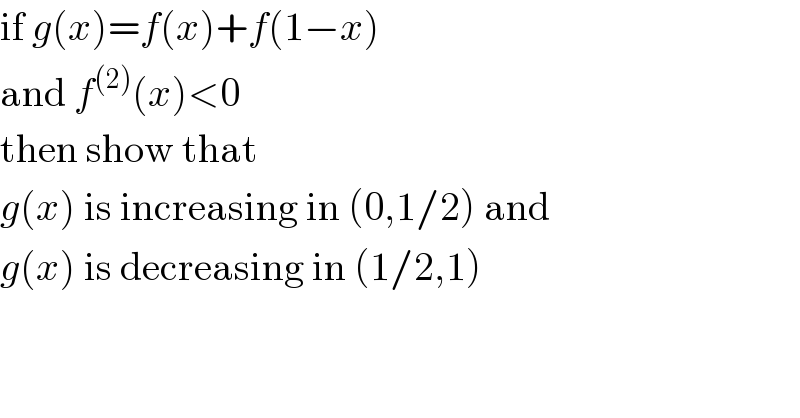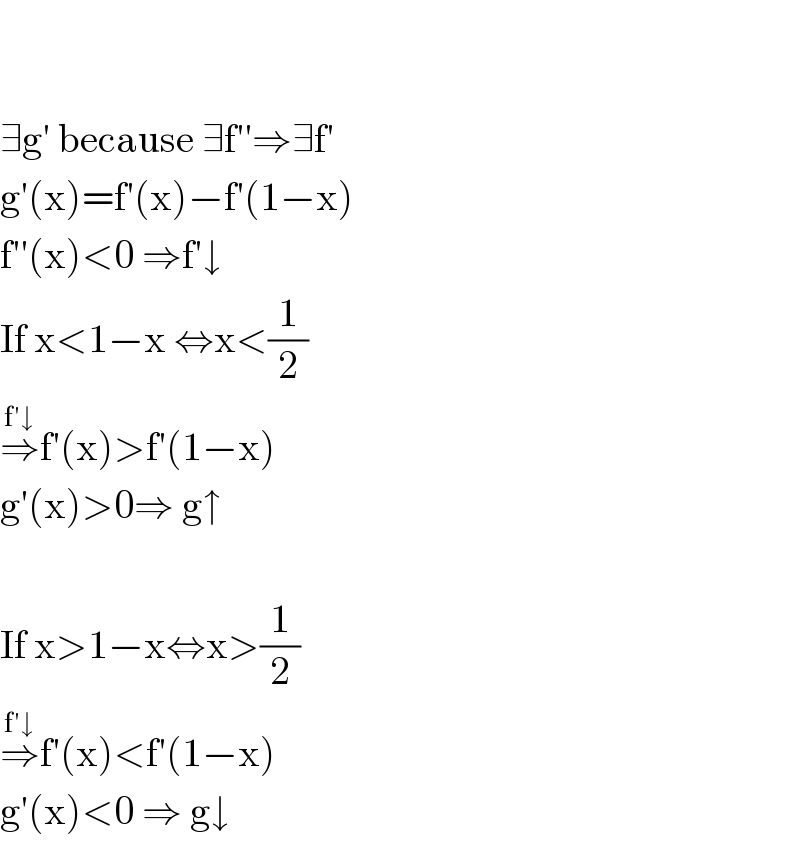
Question and Answers Forum
Question Number 27204 by rish@bh last updated on 03/Jan/18

Answered by Giannibo last updated on 03/Jan/18

Commented byrish@bh last updated on 03/Jan/18

Commented byPenguin last updated on 04/Jan/18

Commented byGiannibo last updated on 04/Jan/18

